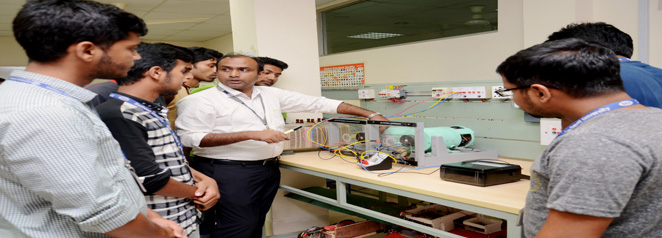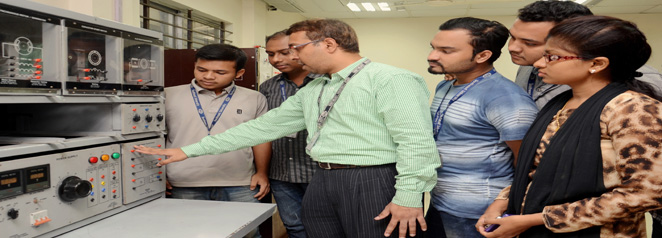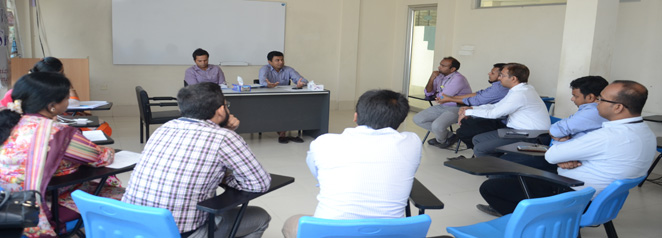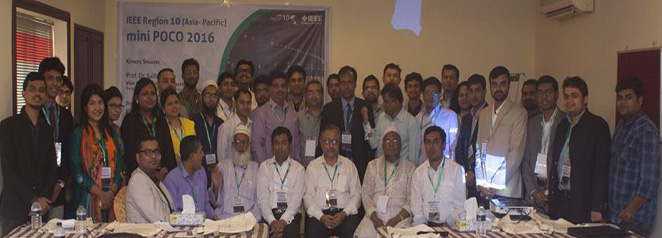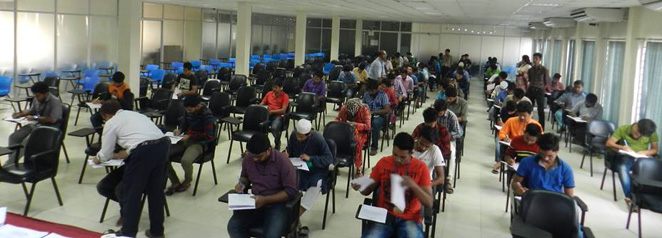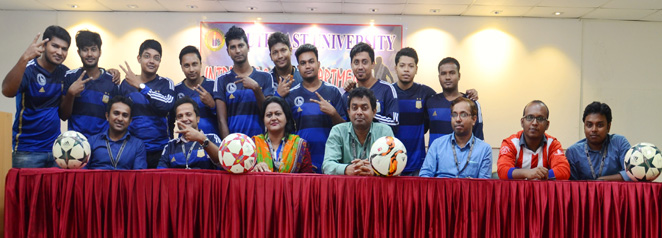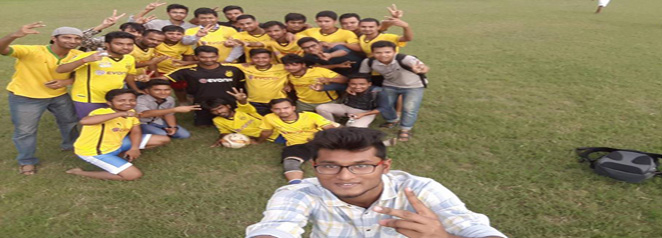
Program Outcomes
The program outcomes (POs) of the EEE department of Southeast University (SEU) have been set in such a way so that after graduation the students can demonstrate the ability to-
[PO1] Engineering Knowledge:
Apply the knowledge of
mathematics, science, engineering fundamentals and an engineering
specialization to the solution of complex electrical and electronic
engineering problems;
[PO2] Problem Analysis:
Identify, formulate, research the
literature and analyze complex electrical and electronic engineering
problems and reach substantiated conclusions using first principles of
mathematics, the natural sciences and the engineering sciences;
[PO3] Design/ Development of Solutions:
Design solutions
for complex electrical and electronic engineering problems and design
systems, components or processes that meet the specified needs with
appropriate consideration for manufacturability and sustainability, public
health and safety as well as cultural, societal, economic, political,
ethical and environmental concerns;
[PO4] Investigation:
Conduct investigations of complex
electrical and electronic engineering problems, considering design of
experiments, analysis and interpretation of data and synthesis of
information to provide valid conclusions;
[PO5] Modern Tool Usage:
Create, select and apply
appropriate techniques, resources and modern engineering and IT tools
including prediction and modeling to complex electrical and electronic
engineering activities with an understanding of the limitations;
[PO6] The Engineer and Society:
Apply reasoning informed
by contextual knowledge to assess societal, health, safety, legal and
cultural issues and the consequent responsibilities relevant to
professional electrical and electronic engineering practice;
[PO7] Environment and Sustainability:
Understand the
impact of professional electrical and electronic engineering solutions in
societal and environmental contexts and demonstrate the knowledge of, and
need for sustainable development;
[PO8] Ethics:
Apply ethical principles and commit to
professional ethics, responsibilities and the norms of the electrical and
electronic engineering practice;
[PO9] Individual Work and Teamwork:
Function effectively
as an individual and as a member or leader of diverse teams as well as in
multidisciplinary settings;
[PO10] Communication:
Communicate effectively about
complex electrical and electronic engineering activities with the
engineering community and with society at large. Be able to comprehend and
write effective reports, design documentation, make effective presentations
and give and receive clear instructions;
[PO11] Project Management and Finance:
Demonstrate
knowledge and understanding of the electrical and electronic engineering
and management principles and apply these to one’s own work as a member or
a leader of a team to manage projects in multidisciplinary environments;
[PO12] Life-long learning:
Recognize the need for and have
the preparation and ability to engage in independent, life-long learning in
the broadest context of technological change.

